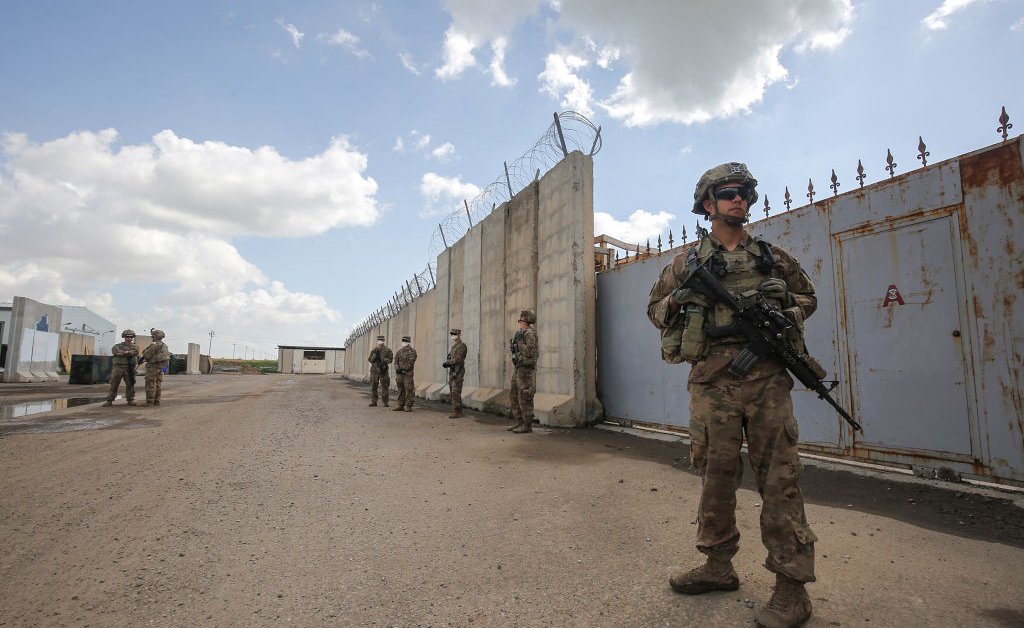Andrej Babiš is eyeing a return to power in the Czech Republic next year, as the Eurosceptic former premier counts on voters to punish the ruling coalition parties for their infighting.
In an interview with the Financial Times, the billionaire businessman-turned-politician, who has sparred with Brussels and questioned the EU’s continued support for Kyiv, predicted that feuding within the current government coalition in Prague would ease his comeback.
“I would say that the ruling parties have another full year to prove to the citizens of the Czech Republic that they are completely incompetent and unqualified to govern the country, as they have been demonstrating these past three years,” Babiš said.
A Babiš comeback could cement the illiberal flank in central Europe led by Hungary’s Viktor Orbán and Robert Fico in Slovakia, raising alarm bells in the EU and Nato about maintaining unity in helping Ukraine against Russia’s invasion.
In regional elections last week, Babiš and his ANO party won in 10 of the country’s 13 regions. ANO is also expected to consolidate its advance following a second round of voting for the Senate on Friday and Saturday.
Although the national parliamentary elections are still one year away, “Babiš is riding the wave and we might become a second Slovakia,” said Pavel Havlíček, research fellow at the Czech Association for International Affairs, a think-tank. Slovakia’s premier Fico returned to power last October for a fourth term in office after campaigning to stop migration and halt military aid to Ukraine.
In Prague, Babiš would face an uneasy cohabitation with Petr Pavel, a former Nato general who defeated Babiš in presidential elections last year. The two men sparred during that campaign, with Pavel accusing Babiš of doing Russia’s bidding and the billionaire claiming Pavel was warmongering.
Pavel has used his military credentials to spearhead western help to Kyiv, notably by announcing in February a Prague-led initiative to deliver extra ammunition to the Ukrainian army.
Asked for his latest position on Ukraine, Babiš replied that “even the EU and Nato countries are not united on how to proceed in Ukraine”, adding that Europe’s main goal should be peace. “But let us be realistic: the US elections will decide the war in Ukraine,” he said in reference to the November vote in which former president Donald Trump faces vice-president Kamala Harris.
Babiš said that “a Trump win would be good for Europe because he promised to end the war immediately”.
Following elections to the European parliament in June, Babiš teamed up with Orbán and France’s far-right leader Marine Le Pen to form the third-largest group in the EU assembly, called Patriots for Europe.
Babiš, 70, said ANO “shared priorities rather than complete ideological alignment” with its Patriots partners, such as devolving powers from Brussels to national governments.
At home and abroad, he remains a polarising politician.
After building up his Agrofert food and chemicals business into one of the biggest Czech conglomerates, Babiš entered politics in 2011, founding ANO, which was initially part of the European liberals. He first became prime minister in 2017 and adopted a defiant stance towards Brussels, particularly after the European Commission demanded the reimbursement of EU funds received by Agrofert. He was acquitted of fraud charges in a Czech retrial in February.
“There’s a lot of speculation about whether I would return as prime minister, even if ANO wins next year, but for me it’s not about personal victory,” Babiš said. Voters want the next government to focus on issues like lowering energy bills and securing pensions, he said, and “not on individual political wins”.
Tensions within the current five-party coalition boiled over after Prime Minister Petr Fiala fired his deputy and regional development minister, Ivan Bartoš, who also leads the Pirate party. Bartoš called his dismissal “a dirty trick” and his Pirates announced a day later that they would quit the coalition, thereby reducing Fiala’s parliamentary majority.
Babiš accused Fiala of mishandling his coalition partner like “a scheming and lying back-stabber”.
“This soap opera is not only weakening our coalition but also opening the door for Babiš,” said Danuše Nerudová, an EU lawmaker with the Mayors and Independents, another party within Fiala’s coalition.
















































































































































You must be logged in to post a comment Login